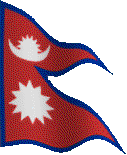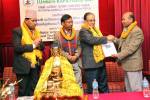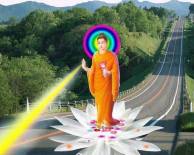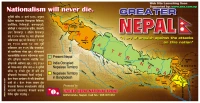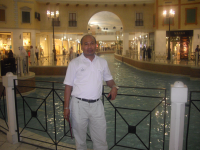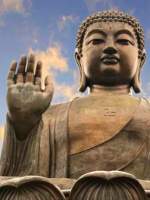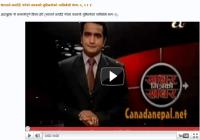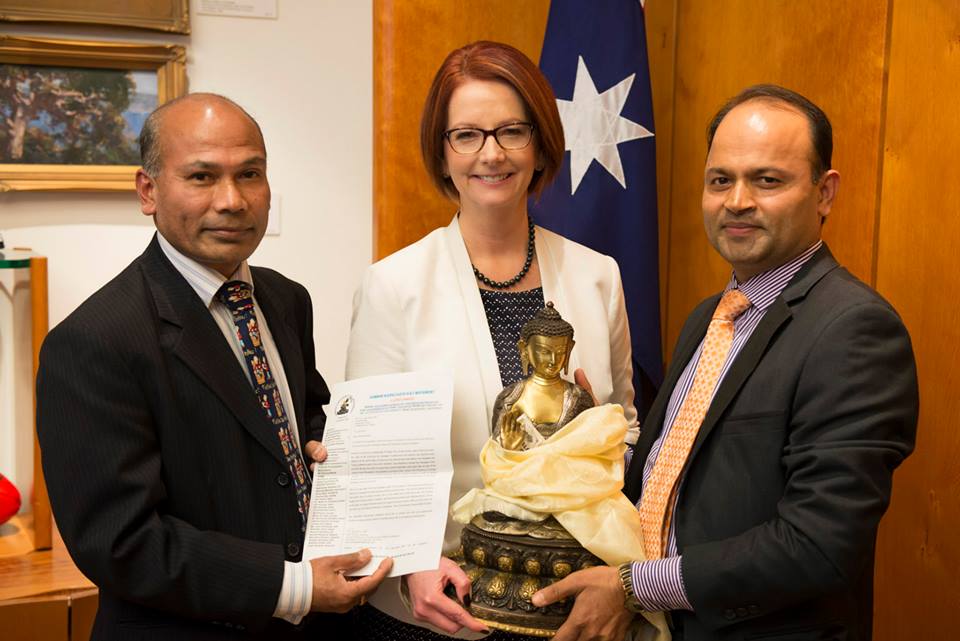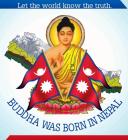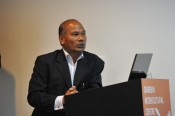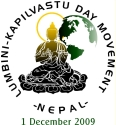by Sivanendran
“To employ the coercive apparatus of the state in order to maintain manifestly unjust institutions is itself a form of illegitimate force that men in due course have a right to resist.” – John Rawls
(Chennai, Sri Lanka Guardian) What is particularly horrifying about ethnic wars is that people are brutalised and

The ending of the war has not changed much in Sri Lanka either. It can be said that the conditions have changed for the worse. It seems that the country has traded off one afflicted by a civil war for an authoritarian state. The laws of impunity, Prevention of Terrorist Acts, Emergency rule are still in robust health. The paramilitaries are still at large carrying out there activities with total impunity.
killed not because of anything they have done, not even because of their politics, but simply because who they are. That is what it is so terrible about the persecution of the Tutsis in Rwanda, the Tamils in Sri Lanka, the Kurds in Iraq, the Muslims in Bosnia and the Albanians in Kosovo. Ethnic wars are quite different; they are about malevolence – not quite like other wars conducted according to moral or legal rules. ‘Ethnic cleansing’ like ‘final solution ‘is surely one of the most sinister phrases to enter the political vocabulary of the twentieth century.
All Sri Lankans know that its recent history is littered with some horrendous occurrences between the two principal communities since independence – the 1958 riots, 1977 riots, 1983 riots and the civil war of 28 years ending with the defeat of the Tamil Tigers (LTTE). The deaths in detention of people such as Kuttimani, Thangathurai, Wijeweera and many others are known. But this is not all. Sri Lanka is soaked in the blood of her children of all races and of all political persuasions. It is this contemporary history – which began in 1958 when the first disaster took place and ended with the war in 2009 – it is this history with which we have had to come to terms. We could not pretend it did not happen. Everyone agrees that Sri Lanka must deal with that history and its legacy. It is how we do this that is the question – a bone of contention still between the two communities.
The Political divide
The ending of the war has not settled anything between the two communities, but exacerbated them. The Tamil National Question has not been settled by war – This should be clear to all those watching the developments in Sri Lanka.
The Paradox of Democracy
The ending of the war has not changed much in Sri Lanka either. It can be said that the conditions have changed for the worse. It seems that the country has traded off one afflicted by a civil war for an authoritarian state. The laws of impunity, Prevention of Terrorist Acts, Emergency rule are still in robust health. The paramilitaries are still at large carrying out there activities with total impunity. The rule of law has been nibbled away over the years that its absence today is hardly noticed. Journalists have been subjected to violence and intimidation that they do not risk scrutinising the executive government but only sing hymns of praise for the current regime. The goons of the government and the paramilitaries are free and on the prowl everywhere.
Read the rest of this entry »
35.387579
-85.962483

